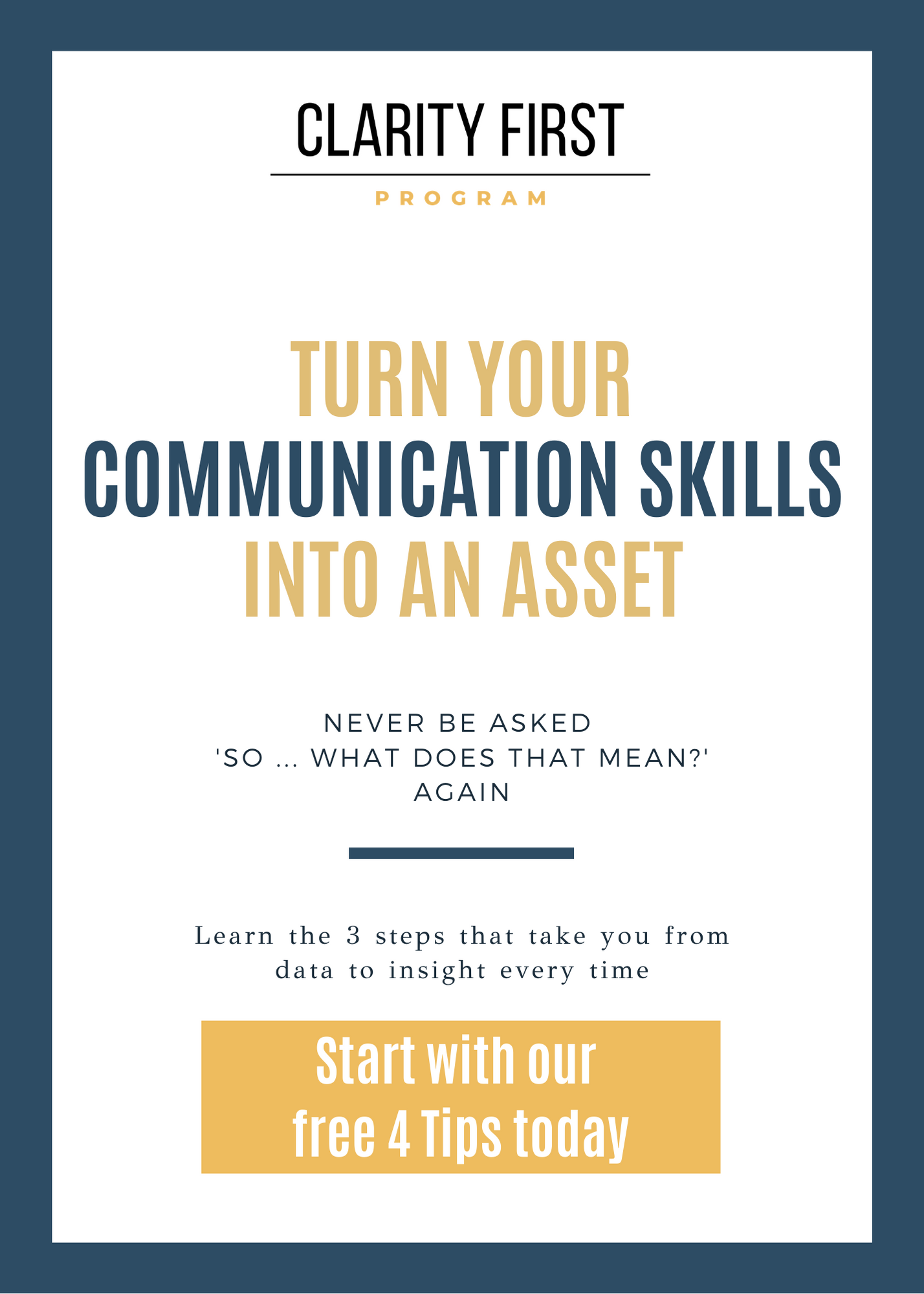I write this to you having just wrapped up a coaching session where a perennial question arose.
My client suggested that the paper we were discussing needed to inform her peers.
But, did it really?
Why did she need to inform her peers about this particular set of facts?
It turned out the real objective was to build trust that the current efforts to increase the time employees spend in the office were working.
Once it was clear that trust rather than knowledge was the goal, we could make the messaging much more focused and engaging.
So, when you next think that you need your audience to know something, ask why they need to know it. Here are two steps to take
First, check why you need to inform your audience. Could it be to gain the following from your audience?
- Action: Undertake a specific task or set of tasks where your audience understands why they need to be undertaken.
- Implement: Put something into effect where you explain what to do but the audience decides how to do it.
- Support: Help to someone, potentially you, in undertaking an activity without undertaking the activity themselves.
- Trust: To have confidence in a situation.
If none of those fit, consider whether one of these ‘knowing' definitions fits.
- Know: Be aware of something so your stakeholder can factor this knowledge into their thinking and action.
- Understand: Fully appreciate something so you can then use that understanding to decide or act.
Sometimes it is true that your audience does ‘just' need to know something. I find however that nine times out of ten, there is another real reason. When we clarify that reason, the communication becomes more useful and the audience more engaged.
I hope that helps. More next week.
Kind regards,
Davina
PS – In my upcoming Board Paper Bootcamp we will cover strategies for discerning your real outcome so you can then be more effective at engaging senior leaders and Boards. Learn more here.
RELATED POSTS








